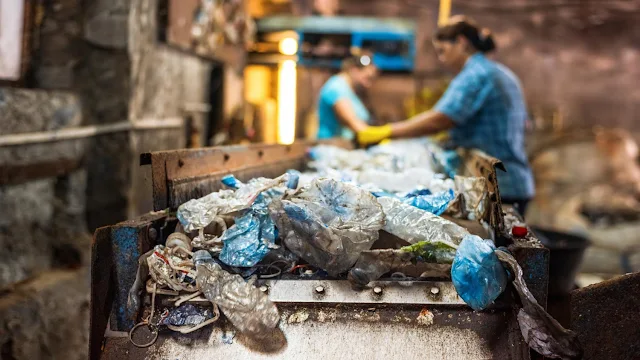In our quest for a greener, more sustainable future, one of the critical battlegrounds is undoubtedly waste management. While the concept of sustainable waste management is gaining traction, implementing it in urban areas poses a plethora of challenges. Let's delve into these obstacles and explore potential solutions for a cleaner, healthier environment.
1. Infrastructure Limitations
Challenge: Many urban areas lack the necessary infrastructure to support efficient waste management systems. Inadequate waste collection facilities, insufficient recycling centres, and outdated landfill sites hinder sustainable practices.
Solution: Governments and local authorities must invest in modernizing waste management infrastructure. This includes establishing comprehensive recycling facilities, upgrading waste collection methods, and implementing innovative technologies like smart waste bins and waste-to-energy plants.
2. Population Density and Growth
Challenge: Urban areas are hubs of population density and continual growth, leading to increased waste generation. Managing the sheer volume of waste produced in these areas strains existing resources and exacerbates environmental concerns.
Solution: Encouraging waste reduction at the source through education campaigns and incentivizing sustainable practices can help alleviate this challenge. Additionally, implementing strict waste segregation policies and promoting composting initiatives can divert organic waste from landfills, reducing the overall burden on waste management systems.
3. Behavioral Change
Challenge: Changing entrenched behaviours and attitudes towards waste disposal is no small feat. Despite awareness efforts, many urban residents still prioritize convenience over sustainability, leading to improper waste disposal practices.
Solution: Education is key to fostering behavioural change. By raising awareness about the environmental impact of waste and providing practical tips for waste reduction and recycling, communities can gradually shift towards more sustainable habits. Furthermore, implementing financial incentives, such as pay-as-you-throw schemes, can encourage responsible waste management behaviours.
4. Financial Constraints
Challenge: Implementing sustainable waste management initiatives requires significant financial investment. However, many municipalities face budgetary constraints, making it challenging to allocate resources towards long-term sustainability goals.
Solution: Public-private partnerships offer a viable solution to overcome financial barriers. By collaborating with private entities, governments can leverage additional funding and expertise to implement sustainable waste management projects. Furthermore, exploring alternative funding sources, such as grants and carbon offset programs, can supplement existing budgets and support ambitious sustainability initiatives.
5. Technological Advancements
Challenge: While technology presents opportunities for enhancing waste management efficiency, implementing new technologies can be costly and complex. Additionally, ensuring universal access to these technologies across diverse urban landscapes presents logistical challenges.
Solution: Investing in research and development to streamline waste management technologies and make them more accessible is crucial. Governments can partner with tech companies and research institutions to pilot innovative solutions tailored to urban waste management needs. Moreover, fostering a culture of innovation and entrepreneurship can spur the development of localized, scalable technologies suited to diverse urban environments.
Conclusion
Sustainable waste management in urban areas is undeniably challenging, but not insurmountable. By addressing infrastructure limitations, promoting behavioural change, overcoming financial constraints, and embracing technological advancements, we can pave the way towards a cleaner, more sustainable future. It requires collective effort, commitment, and innovation, but the rewards—a healthier planet for future generations—are well worth the investment. Let's work together to turn these challenges into opportunities for positive change.

